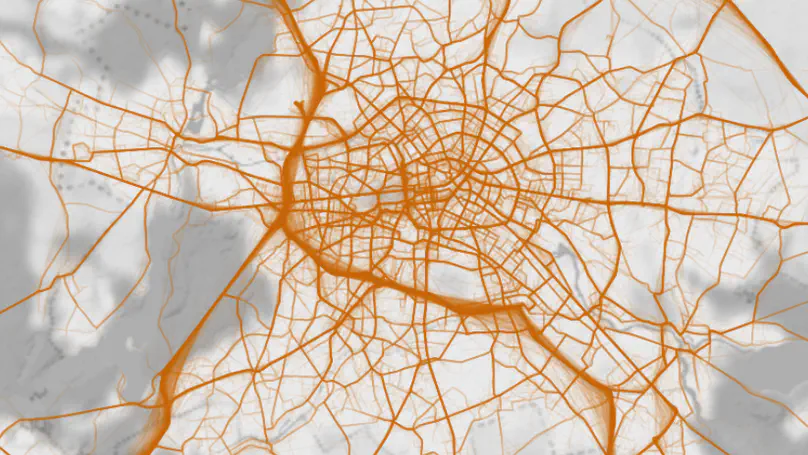Biography
Hi! I am Ben, a current Strategy Consultant at Strategy& and visiting scholar at the Mercator Research Institute on Global Commons and Climate Change’s Sustainable Resource Management and Global Change working group.
In the past, I leveraged my strong background in various social sciences paired with my formal training as statistician to research individual and collective human behaviour, and to develop computational research methods (as, e.g., here). I like to combine different methods and perspectives from other areas of research to my own work, I like to observe how humans interact, and I like to work with data.
This is what brought me to my current profession outside of academia. As a strategy consultant, I help clients approach their challenges from new angles. I specialize in topics revolving technology strategy (e.g. Data Governance, AI strategy, IT strategy), with a focus on the public sector. My hope is that with my projects I can make a positive contribution to a better, more digital, citizen-centric public administration.
I am always happy to collaborate on scientific research - or on discussions about the digitisation of the (mostly German) public sector - just hit me up!
- Digitisation in the Public Sector
- Behavioural Psychology
- Data Science / Statistical Methods
M.Sc. Statistics (GPA 1.0 | A+), 2021
Humboldt University / Institute of Technology / Free University, Berlin | Duke University
B.A. Communication, Culture, & Management (GPA 1.1 | A+), 2018
Zeppelin University, Friedrichshafen | Maastricht University
B.A. Corporate Management & Economics (Minor), 2018
Zeppelin University, Friedrichshafen
Featured Publications

We exploit GPS-coded vehicle movement data that records millions of road users every second of their way over a full year in Berlin to suggest a novel approach to estimate the external costs of traffic congestion from revealed choices in a big data setting. To measure travel choices, we use unsupervised machine learning to assign anonymous commuting and non-commuting trips to individual drivers and track their repeated trip and route choices. We move beyond considering particular roads in isolation and quantify externalities created by actual trips on routes that combine the diverse road technologies of main roads and side streets. Causal identification for the route-level congestion elasticity relies on exogenous increases in traffic density from rerouting induced by traffic incidences that occur on adjacent roads off a given trip’s route. Our findings suggest significant temporal heterogeneity in the marginal external costs of congestion between 3.0 and 87.4 Euro cents per vehicle kilometer during daytime. Hour-specific congestion taxes maximize large welfare gains, while uniform taxes are only 78% as effective.
Recent Publications
Talks
GitHub & Coding
RADICES
The Rank Degree Influencer Core Sampler (RaDICeS) allows to draw an effective sample of a (language-based) Twittersphere as described in this talk. The underlying method is explained in this journal article. You can also cite the software itself.
Affinity Propagation Clustering
The affprop package is an Affinity Propagation Clustering (Frey and Dueck, 2007) implementation for Python. This package was part of a project of Cliburn Chan’s STA663 Statistical Computation class at Duke University.
trollR
trollR is an R package and tool to detect toxic language. It scored second place at the LSE Computational Social Sciences Hackathon ‘18.




